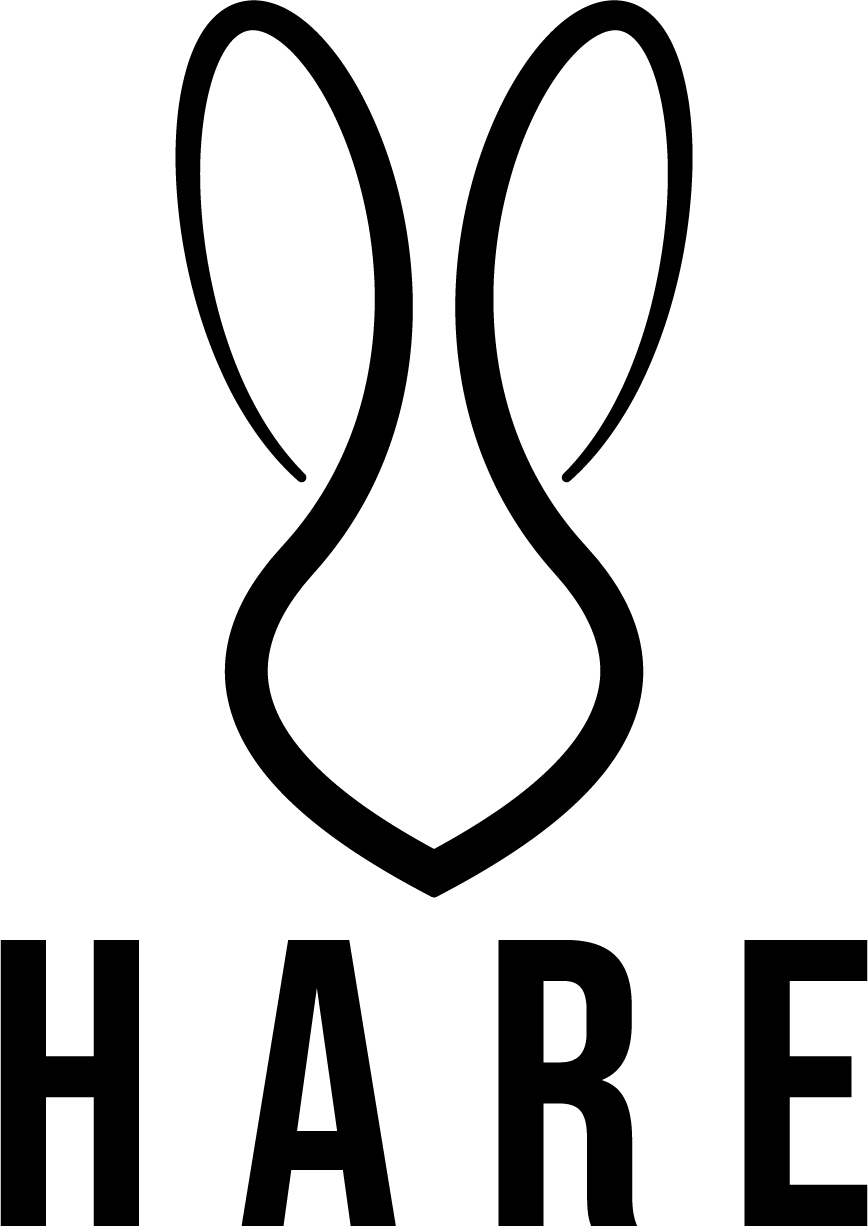Man #1. Hair as Identity.Are We Seeing the Return of the Masculine Man?
With Donald Trump in the headlines and Andrew Tate commanding social media, you can’t help but notice a certain resurgence of the masculine man. Bold, loud, visible, these figures own their masculinity in a way that gets attention, whether you like it or not. And there’s something to respect there: confidence, presence, and a refusal to apologise for it. But it’s not very ‘English Gent.’
But here in the Cotswolds, masculinity plays a quieter, elegant game.
Before Rolexes and Savile Row, a man’s worth was measured in simpler terms: a beard that could weather the winter, broad shoulders from the plough, a voice that carried in a tavern. The Cotswold gent doesn’t need self-help podcasts, B-12 supplements or psychological analysis to prove his virility. His coal-dark beard, physical strength, steady work ethic, and discreet passion do the job. Has the internet given the wrong men a voice?
There’s a certain masculine strength in not overthinking it, in turning subtle discomfort into hard work, in caring for others without announcing it to the world. In a society obsessed with looping ideas and performative alphas posing as therapists, I admire the withdrawn, rough-edged Cotswold gent: quietly getting on with his business, supporting his family and demonstrating strength through moderate humility, by showing the kind of counter-cool that can’t be faked.
Today, the working lad’s thick beard still whispers of graft and testosterone, while the gentry play it cooler. They shave, or affect the kind of studied scruff that says I don’t need to try. As Wilde put it: “A true gentleman never looks as if he has just had his hair cut or beard trimmed.”
Even Chaucer knew a man could be read in his hair. In The Canterbury Tales he sketched the Pardoner:
“His heer as yelow as wex, hanging smooth and thin, like flax.”
Translation: a man’s hairstyle tells a story, sometimes more than his words ever could. Shakespeare knew it too. Benedick quips in Much Ado About Nothing:
“He that hath a beard is more than a youth, and he that hath no beard is less than a man.”
Here in the Cotswolds, a true gent leans against a care-free, dirty stone wall, drink in hand, hair and beard neither polished nor overdone, perfectly at ease in his own skin. He strolls past cobbled streets and honey-coloured cottages, past pubs where the fire burns all year, where locals still know your name, masculinity isn’t shouting; it isn’t likes on Instagram, it’s quiet, effortless, rooted in place, heritage and presence.
So yes, Tate’s chiselled jawline and Trump’s comb-over have their moments, modern, brash, alpha male commanding. But there’s no mistaking it: the quiet authority of a Cotswold gent, hair and beard grown and worn like heritage itself, is a whole other league of class and sophistication.
One signals an arrogant existence; the other signals timeless discreet coolness.
At HARE, we know this, hair is never just hair. It’s a signal. A whisper of class, a flex of strength, a nod to style. Whether it’s rugged Cotswold bold or cleaner Savile Row subtle, we cut it so you don’t have to explain it. Character fitting, not creating.
Hair is identity. Always has been, always will be. And at HARE, we read it better than anyone.
